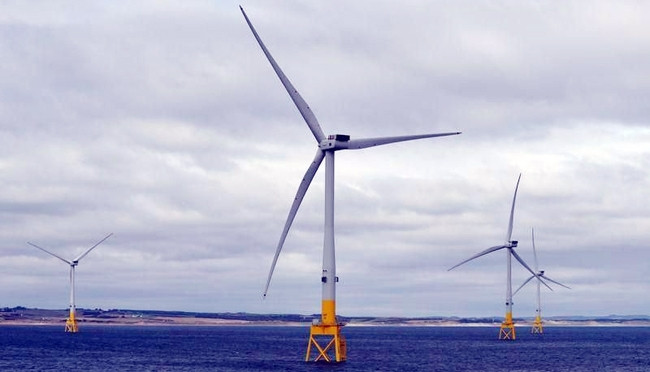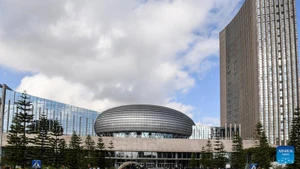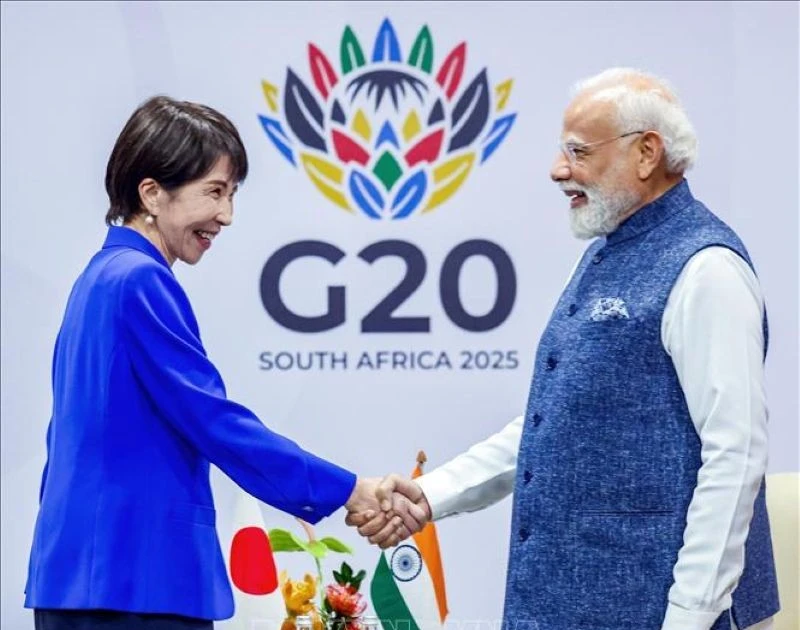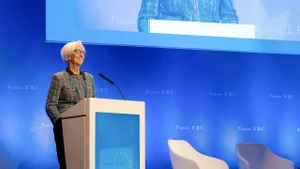The United Kingdom is going to host the 26th session of the Conference of the Parties (COP26) to the UN Framework Convention on Climate Change (UNFCCC) this November. COP 26 is scheduled to last two weeks aiming to evaluate the results of implementing the Paris Agreement on climate change and work out solutions to fight climate change. UK Prime Minister Boris Johnson expressed his belief that COP 26 would be an opportunity to help achieve progress in the battle against climate change. He called on parties to push hard towards achieving the commitment of bringing gas emissions to zero by 2050, by investing in clean technology, preserving the natural habitat and taking measures to step up the resilience against the effects of climate change.
Emissions from fossil fuels such as oil and coal are still on an upward trend due to the ever increasing demand for energy. Regardless of climate change, a number of developed countries have still promoted investment in fossil fuel projects instead of renewable energy, going against the goals of the Paris Agreement. In order to curb the situation, the European Union (EU) is building tougher regulations for CO2 emissions. Some European countries, such as France and Norway, have announced plans to ban cars from using diesel oil and to cut gas emissions.
In the UK, about 90% of cars currently on sales use petrol or diesel. Therefore, the UK Government is planning to ban the sale of petrol-using cars from 2035, five years earlier than the initial plan. The UK’s energy market regulator Ofgem also plans to have 10 million electric cars in use by 2030 and to further promote the use of renewable energy. Ofgem will support the development of offshore grids to quadruple offshore wind power output over the next 10 years, in addition to launching an investment fund to support climate change solutions.
The Australian government recently increased its gas and renewable energy supplies as part of a US$1.4 billion deal with the authorities of the country’s most populous state, New South Wales, in an effort to reduce carbon emissions. According to Australian PM Scott Morrison, the agreement will help stabilise New South Wales’ power network, reduce electricity prices and boost the production of renewable energy, including hydropower, solar power and wind power. In the context of Australia turning to clean energy, gas will be an important factor to cut emissions from the power sector, which is 70% dependent on coal.
France has passed a law aiming to reach the goal of recycling all plastic products by 2025 and reducing 50% of single-use plastic bottles over the next 10 years. Accordingly, restaurants in France will have to stop using plastic bags and boxes from 2023. Meanwhile, the largest pension fund of the Netherlands, ABP, aims to reduce carbon emissions by withdrawing its investment capital from the energy companies that cause pollution. In addition, ABP has set a goal of cutting carbon emissions for the companies in which it has invested since 2015. Under the new target, ABP will invest an additional US$5 billion in the sustainable and affordable energy companies over the next five years, thus bringing its total investment to US$15 billion.
Together with the efforts to adapt and rehabilitate from the impacts of climate change, countries need to promptly unify their carbon emissions reduction goals, as well as effectively manage the gas emissions market. Also, parties should strengthen their support for the countries seriously affected by climate change.
















